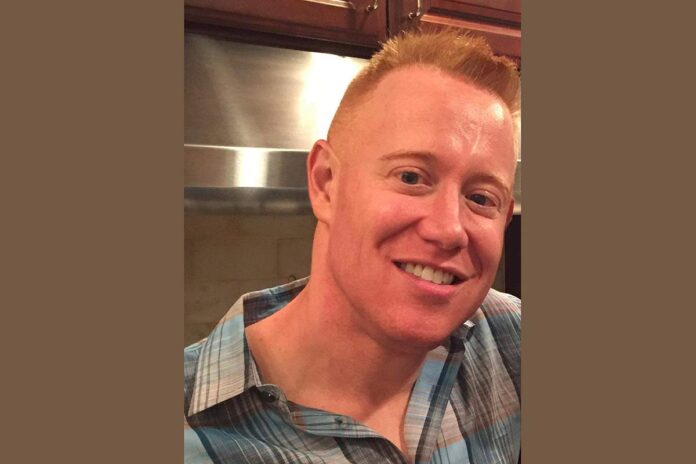Philadelphia lawyer Kevin Hyer was 39 when he tried meth, quickly became addicted, and almost died. He had no history of drug use. After he underwent treatment and entered into recovery, he started the foundation Hyer Calling to help fight the stigma associated with people experiencing addiction and their journey to regaining employment in recovery.
“Addiction is a family disease caused by ineffectively managed emotional pain,” Hyer said. “By telling my story as an employment lawyer to eliminate the stereotypes of meth addiction, The Hyer Calling Foundation raises money to offer people in recovery the hope, purpose and identity that only a career offers — and replace the void previously filled with drugs and alcohol.”
According to a research paper by Dr. Beth Han at the National Institute on Drug Abuse, “US age-adjusted rates of drug overdose deaths involving methamphetamine increased nearly 5-fold during 2012-2018.” And in an op-ed for the New York Times in 2020, Jim Mangia, president and chief executive of St. John’s Well Child and Family Center, wrote that “an overwhelming majority of patients we treat in our substance abuse programs are addicted to crystal meth. Because meth addiction disproportionately affects gay men, it hasn’t risen to the level of priority and intervention of other addictions.”
Hyer uses his background in employment law to provide a wealth of services through Hyer Calling, including resume reviews, mock interviews, assistance purchasing interview attire, help rebuilding professional networks, free career coaching and career counseling, cash grants to help people go back to school, networking events, and job placement.
“That’s one of the things I get the most satisfaction from, helping somebody get into a specific organization that I know will be sensitive to recovery issues,” Hyer said.
Hyer also teamed up with the International Coaching Federation to offer coaching after a client’s first year of employment. Volunteer coaches help clients navigate challenges that may arise at work.
Part of Hyer’s message through his work at Hyer Calling is that despite stereotypes, addiction does not discriminate — it can happen to anyone. He strives to eliminate the damaging misinformation and misunderstanding that’s attached to drug and alcohol addiction.
“I go out there and try to say that even a lawyer in a big city in the Northeast can have a problem with meth,” Hyer said. “This stuff crosses all backgrounds. When you don’t talk about it, it makes it worse. If you fit the stereotypes, and some people do, we internalize them — ‘you’re just a tweaker, you’re just a junkie,’ that kind of a thing. You rise to the occasion and internalize it. And if you don’t fit it, you might not think you have a problem, but you do.”
Hyer believes that being employed gives people who have experienced addiction something to live for, which ultimately lessens their chances of relapsing, he said.
“You have to give someone some meaning and purpose in their life. We can’t guarantee the future, but if someone’s rebuilding their life, giving them a job sure is a great way to do it.”
Hyer’s work is unique in that the resources he provides cannot be replicated by simply having insurance, he pointed out. Insurance will not help a person reenter the workforce or regain skills.
“Our success stories are people that are placed into a job,” Hyer said. “It’s something to live for, it’s meaning; it’s purpose; you feel human again. The pain that you had before [when] you were self-medicating through drugs or alcohol tends to fall and you have that self-respect and dignity again.”
